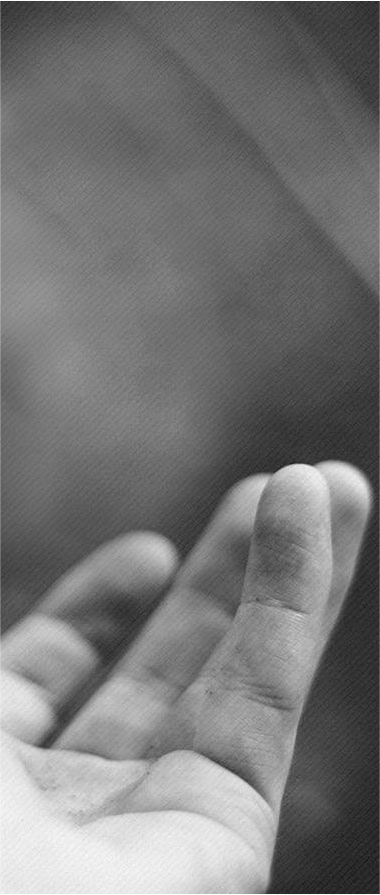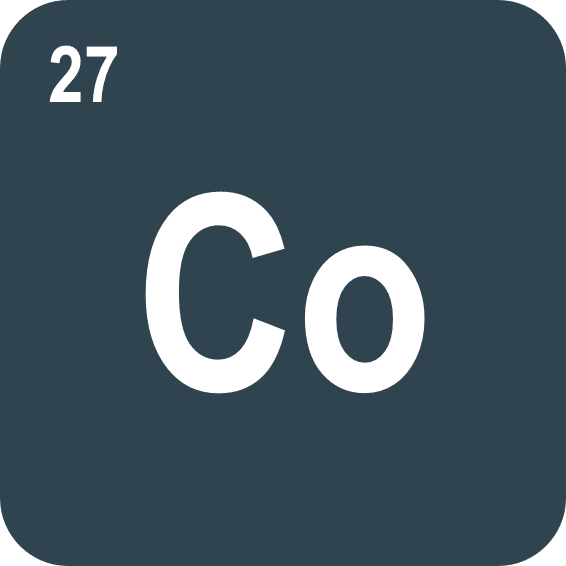Cobalt is a metal that is not only indispensable for modern technology but also has a rich history in art. In its pure form, Cobalt is silver-gray, but when converted into compounds such as cobalt oxide, it produces the deep blue color that has adorned glass, ceramics, and paints for centuries. Today, Cobalt is the driving force behind lithium-ion batteries, which power our smartphones, laptops, and electric vehicles. Furthermore, Cobalt is essential in the medical sector, where it is used in surgical instruments, implants, and prosthetics. Additionally, it plays a crucial role in manufacturing components for the oil and gas industry, as well as the aerospace and maritime sectors.
Download our Niobium datasheet here
Datasheet download
Vul het formulier in en ontvang uw brochure per mail.
Our Cobalt products
Cobalt foil
Cobalt pipe
Cobalt rod
Cobalt sheets / plates
Cobalt tube







- High melting point of 1,495°C
- Magnetic properties (ferromagnetic)
- Resistant to corrosion and oxidation
- Catalytic properties
- Stable at room temperature
- Used in lithium-ion batteries
- Medical applications
- Suitable for aerospace
- Coatings and corrosion protection
What is Cobalt?
Cobalt is a chemical element with the symbol “Co” and atomic number 27. It is a hard, silver-gray metal that belongs to the transition metals and is known for its strong magnetic properties and corrosion resistance. Cobalt naturally occurs in minerals, often in combination with other metals like nickel and copper.
How is Cobalt extracted?
Cobalt is primarily extracted from ores that often contain nickel or copper, as it usually does not occur as a pure metal. The process begins with the mining of cobalt ores, which can take place in open-pit or underground mines. After mining, the ore is crushed and screened to separate the cobalt-bearing minerals. Chemical agents are then used to extract the cobalt from the minerals, employing special solutions that aid in the extraction process. Finally, the cobalt is purified and prepared for various applications, such as batteries or alloys. Major cobalt-producing countries include the Democratic Republic of the Congo (DRC), Russia, and Australia.
Ethics of Cobalt Extraction
In the DRC, many people work in hazardous conditions, often for low wages and without proper safety measures. Concerns over child labor and environmental damage are also prevalent. As a result, companies using cobalt, such as those producing batteries for electric vehicles, are under pressure to better monitor their raw material sources and ensure ethical standards.
To ensure compliance with ethical standards, EU guidelines like the EU Regulation on Critical Raw Materials require companies to monitor their supply chains and ensure that raw materials are sourced responsibly. Initiatives such as the Responsible Cobalt Initiative (RCI) and the Cobalt Refinery Supply Chain Due Diligence Standard support companies in meeting these standards. Metel adheres to these guidelines, ensuring that the cobalt they use is sourced in a sustainable and ethical manner. In this way, Metel contributes to both technological advancement and a fair and sustainable world.
Applications of Cobalt Alloys
Cobalt alloys are widely used in various sectors. These alloys are utilized in aerospace for engine parts and turbines. Additionally, cobalt is used in the production of tools and components exposed to extreme wear and corrosion, such as in the oil and gas industry and marine environments.
Another key area of application for cobalt is in the medical sector, where it is used in implants, prosthetics, and surgical instruments. Cobalt is also present in lithium-ion batteries.
Cobalt for Strong and Corrosion-Resistant Alloy Production
Cobalt is often used as an alloying element. It is typically combined with chromium and other metals to produce strong and corrosion-resistant alloys. These alloys play a significant role across various industries. In aerospace, they are used for components such as turbines and engine parts. They are also employed in the medical sector for implants and surgical instruments. In the oil and gas industry, they are utilized for valve seats and seals.
Custom Solutions
At Metel, we offer custom solutions tailored to the specific needs of your project, in accordance with ASTM standards. Our experienced team is ready to work with you on custom tungsten carbide parts that perfectly meet your requirements.
Worldwide Delivery
We deliver worldwide to customers in demanding markets, ensuring timely and reliable delivery of high-quality tungsten carbide products that comply with ASTM standards. Depending on the design, we can provide custom tungsten carbide within 4-6 weeks.
Contact Us
Would you like to learn more about how tungsten carbide from Metel can enhance your projects? Contact our expert team by phone at +31 416-724 800 or send an email to info@metel.nl. We are ready to help you find the perfect solution for your needs.
Christiaan Huygensweg 2B
5151 DN Drunen
Netherlands

 Cobalt
Cobalt